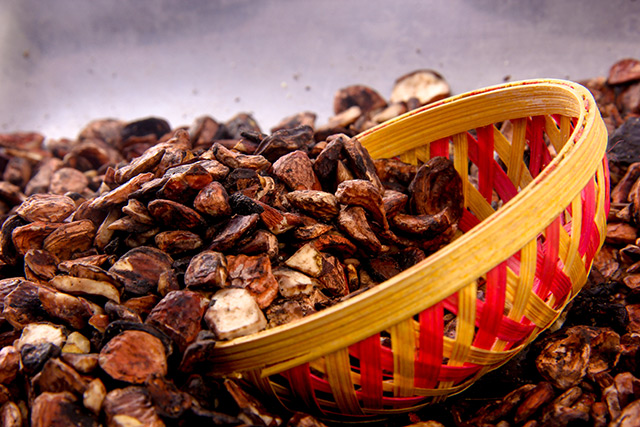High-fat meals increase triglycerides and lower HDL cholesterol in obese, insulin-resistant individuals
05/28/2019 / By Michelle Simmons

A study published in the journal Nutrition Research looked at the association between postprandial insulin resistance and lipid metabolism in abdominally obese individuals. The study was conducted by researchers from Southeast University and Ningxia Medical University in China.
- Abdominal obesity is associated with an increased risk of insulin resistance, which may contribute to abnormal lipid levels (dyslipidemia).
- In this study, the researchers hypothesized that dylipidemia would be worse in abdominally obese individuals with high insulin resistance after eating a high-fat meal.
- To test this hypothesis, they measured the glucose, insulin, triglycerides, total cholesterol, high-density lipoprotein cholesterol, and apolipoprotein B of healthy individuals and abdominally obese individuals with low, middle, and high postprandial insulin resistance.
- They measured the parameters at the beginning of the study and after 0.5, one, two, four, six, and eight hours of eating a liquid high-fat meal.
- The researchers found that fasting serum leptin was higher in obese participants with high postprandial insulin resistance than in the other participants.
- Obese participants with high postprandial insulin resistance also had higher postprandial triglycerides and lower high-density lipoprotein (HDL) cholesterol.
- Postprandial areas under the curve (AUCs) for total cholesterol and apolipoprotein B were similar for abdominally obese subjects with different degrees of postprandial insulin resistance and controls.
These findings suggest that the higher the degree of postprandial insulin resistance is, the more adverse the lipid profiles of abdominally obese individuals are.
Fight obesity and its complications. Learn more at FightObesity.news.
Journal reference:
Wang F, Lu H, Liu F, Cai H, Xia H, Guo F, Xie Y, Huang G, Miao M, Shu G, Sun G. CONSUMPTION OF A LIQUID HIGH-FAT MEAL INCREASES TRIGLYCERIDES BUT DECREASES HIGH-DENSITY LIPOPROTEIN CHOLESTEROL IN ABDOMINALLY OBESE SUBJECTS WITH HIGH POSTPRANDIAL INSULIN RESISTANCE. Nutrition Research. July 2017;43: 82-88. DOI: 10.1016/j.nutres.2017.05.010
Tagged Under: abdominal obesity, belly fat, central obesity, cholesterol, Dyslipidemia, fight obesity, HDL, high-density lipoprotein, high-fat diet, insulin resistance, lipid metabolism, Lipid profile, obese, obesity, postprandial insulin resistance, research, visceral fat



















